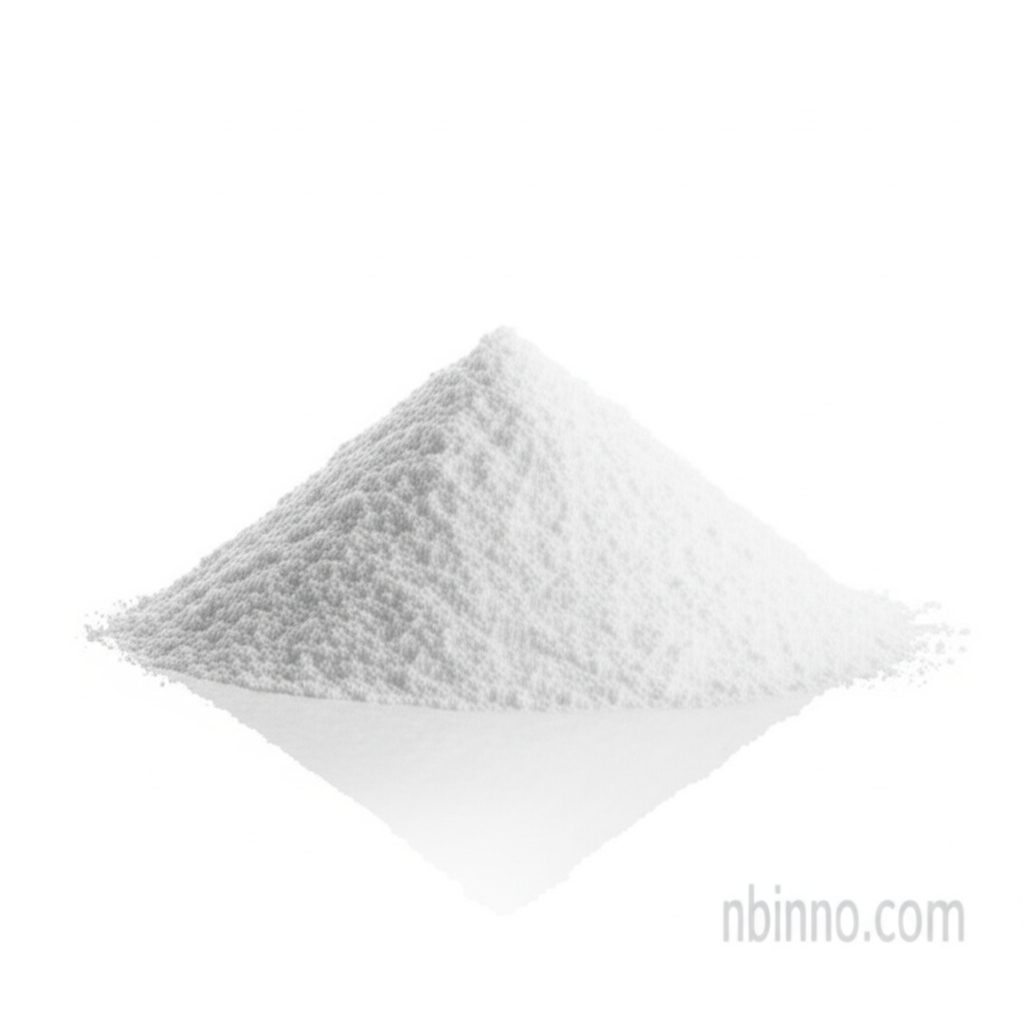Copovidone VA64: A Versatile Pharmaceutical Excipient
Discover the benefits of Copovidone VA64 for advanced tablet binding, film coating, and controlled drug release.
Get a Quote & SampleProduct Core Value

Copovidone
Copovidone VA64 is a critical pharmaceutical excipient, known for its excellent binding capabilities, film-forming properties, and utility in controlled release formulations. It is a copolymer of N-vinylpyrrolidone and vinyl acetate, offering enhanced plasticity and lower hygroscopicity compared to Povidone.
- As a copovidone binder, it ensures tablets have good hardness and remain intact during processing.
- The film-forming agent properties of copovidone protect drugs from environmental factors like moisture and light, improving stability.
- Its role in sustained-release formulations is crucial, managing the gradual release of active ingredients.
- Utilizing copovidone CAS 25086-89-9 can simplify drug preparation processes and potentially reduce manufacturing costs.
Key Advantages
Superior Binding Properties
Leverage the superior binding capabilities of copovidone for direct compression and wet granulation, ensuring robust tablet integrity.
Enhanced Film Formation
As an effective film-forming agent, copovidone provides excellent adhesion and elasticity for tablet coatings, crucial for drug stability.
Controlled Release Capabilities
The unique structure of copovidone VA64 makes it ideal for creating sustained-release formulations, optimizing drug delivery profiles.
Key Applications
Tablet Binding
Copovidone serves as a highly effective dry binder in tablet formulations, enhancing hardness and reducing friability, which is key for manufacturing efficiency.
Film Coating
Its film-forming properties make copovidone an excellent choice for coating applications, providing a protective barrier and improving drug shelf-life.
Sustained Release
Copovidone is instrumental in developing sustained-release drug delivery systems, ensuring precise and prolonged therapeutic effect.
Amorphous Solid Dispersions
The material is widely used as a matrix former for amorphous solid dispersions, improving the solubility and bioavailability of poorly soluble drugs.
